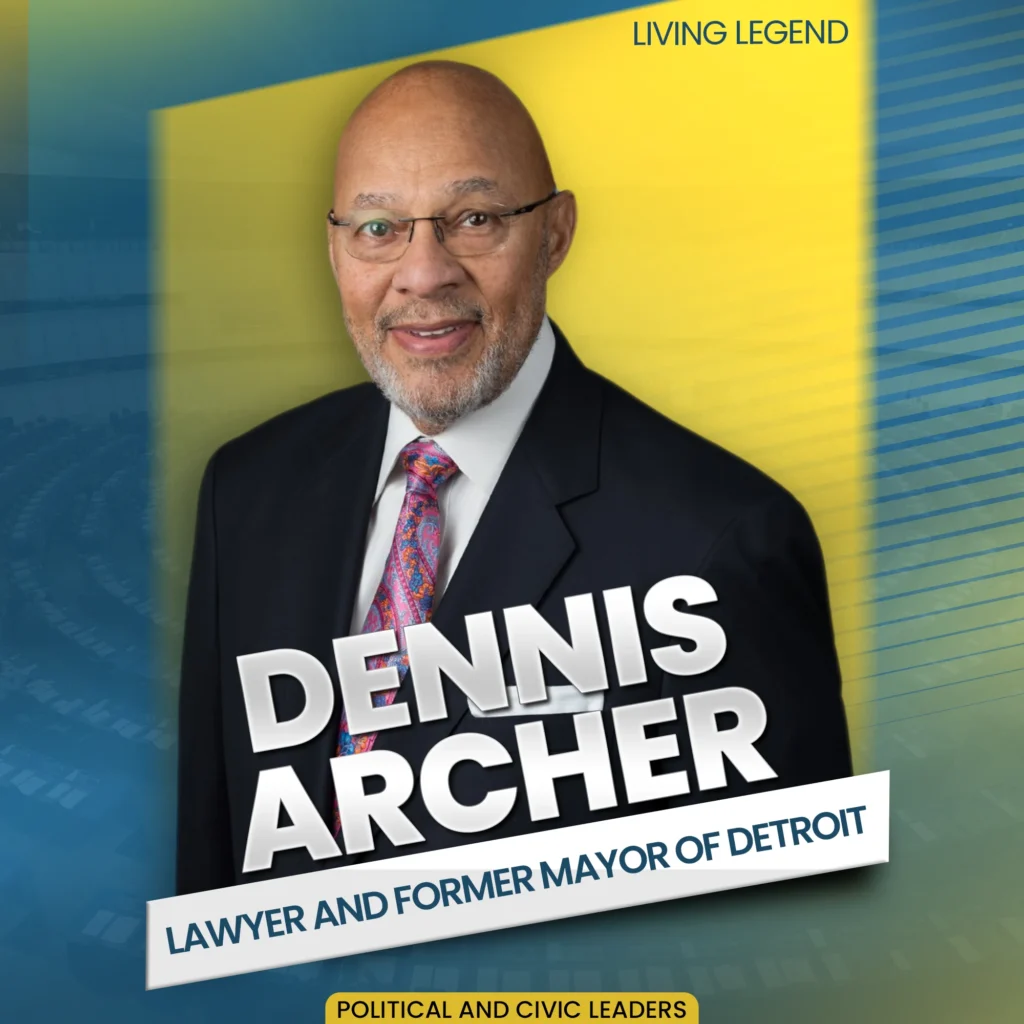Dennis Wayne Archer was always a builder.
It wasn’t the Motown sound or the riot smoke that brought him up – it was the law books, the black robes, the boardrooms.
Make no mistake: his hands were spinning on Detroit’s fragile rebirth at a time when the city had almost been written off as a loss.
Archer wasn’t radical.
He wasn’t flashy.
But he was exactly what Detroit needed in the 1990s: a shrewd outsider with a knack for making things work.
A polished pragmatist, a visionary, driven leader who could shake hands with executives and stroll through neglected neighborhoods.
He didn’t just govern Detroit.
He dignified it.


 Please check your email for your login details.
Please check your email for your login details.
